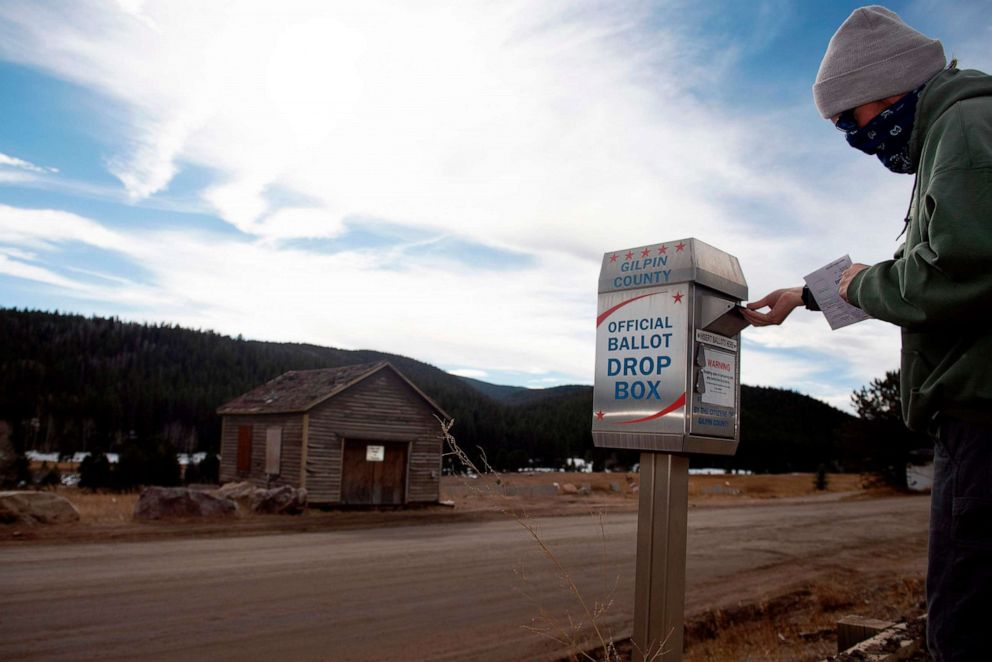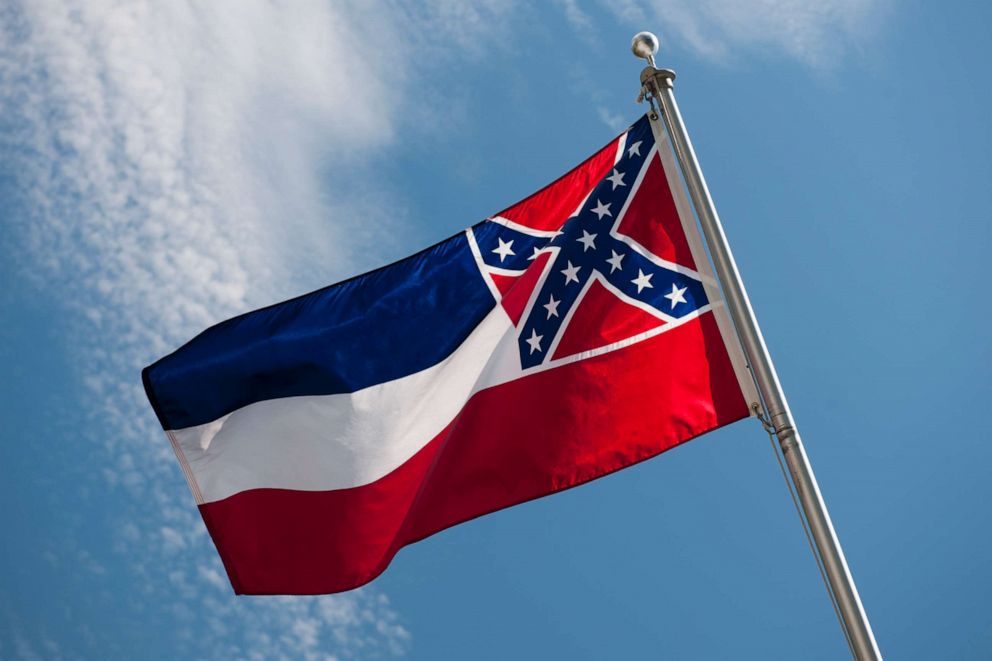These are the notable ballot measures that voters approved or rejected
Initiatives on the gig economy, abortion and marijuana were on the ticket.
Voters across the nation had crucial decisions to make at the state and local level.
Here are the results for the most notable ballot measures on tickets around the country:
Colorado voters reject 22-week abortion ban
Colorado voters struck down Proposition 115, a measure that sought to ban abortions after 22 weeks of pregnancy.
About 60% of state residents voted against the measure.
Colorado is one of seven states that does not specify a gestational limit on abortion, with or without exceptions.
Abortions in Colorado will continue to be legal at any time during a woman’s pregnancy.

Five states pass marijuana legalization ballots
Five states have legalized marijuana for both recreational and medical use.
A majority of New Jersey and Arizona residents voted yes on ballot measures to make recreational marijuana legal. Voters in South Dakota approved marijuana for medical use.
Mississippi voters approved an initiative to establish a medical marijuana program for patients with debilitating conditions.
Voters in Montana voted for two initiatives to legalize, regulate and tax recreational marijuana for adults 21 and older.
California voters side with companies that employ gig economy workers
Voters in California sided with companies such as Uber and Lyft to prevent the state from enacting a local labor law that would have forced companies to provide basic benefits -- such as health insurance, minimum wage, overtime and reimbursement for expenses -- to independent contractors.
Fifty-eight percent of voters approved Proposition 22.
Uber, Lyft and other app-based ride-hailing and delivery services spent $200 million to support the measure, The Associated Press reported.
Louisiana voters approve amendment to limit abortion protections
More than 62% of Louisiana voters supported an amendment to the state constitution that would limit abortion protections.
"To protect human life, nothing in this constitution shall be construed to secure or protect a right to abortion or require the funding of abortion," the amendment said.
The amendment prevents state lawmakers from deeming abortion restrictions unconstitutional should Roe v. Wade be overturned.
In June, the U.S. Supreme Court struck down a state restriction barring doctors from performing abortions unless they had admitting privileges at a nearby hospital within 30 miles of the clinic.

Mississippi approves new state flag
Voters in Mississippi have approved the design of a new state flag, which will include an image of a magnolia, the state flower, and the phrase "In God We Trust."
The previous state flag featured the Confederate Battle Cross. It was retired in June as protests against racial injustice were held nationwide.
A majority of voters opted to keep the flag in 2001.
Florida raises minimum wage to $15
Florida voters have approved a ballot initiative to raise the minimum wage to $15.
The current minimum wage of $8.56 will be raised to $15 over the next six years.
New York, Washington, D.C., and now Florida have the highest minimum wages in the country. California comes in at second at $13 an hour.
ABC News' Ivan Pereira and Alexandra Svokos contributed to this report.




